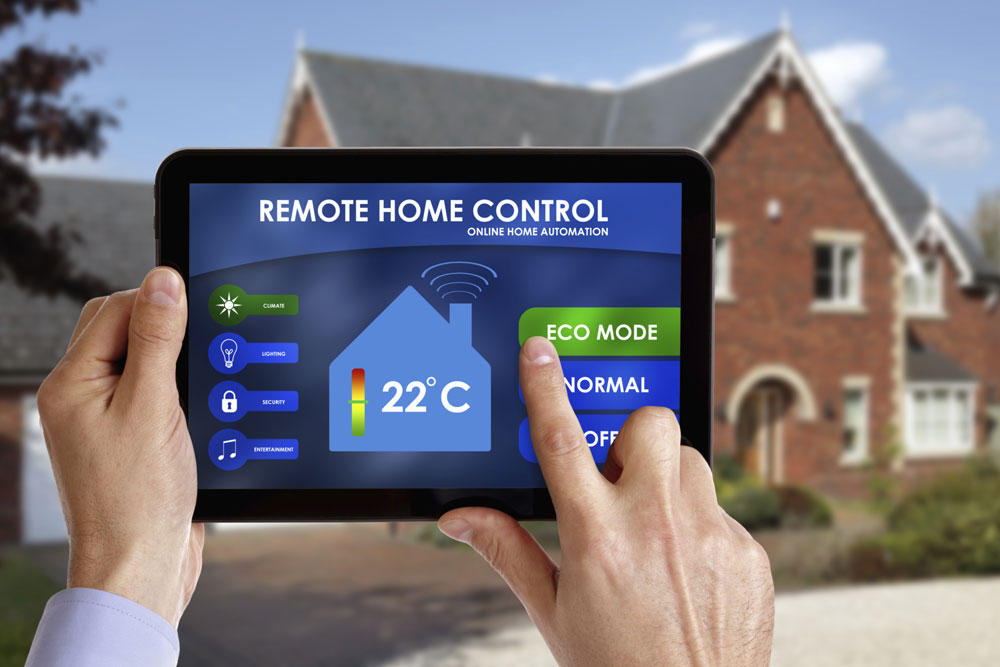The term “smart home” is basically used to describe a house that leverages technology to enable the systems and electronics of the home to communicate with one another, and be controlled remotely or by a time schedule. As per Joe Cianciotto, pairing up connected home systems with artificial intelligence (AI) helps optimize the living space for better energy efficiency. There are many ways smart home systems can reduce environmental impact and energy usage.
Joe Cianciotto sheds light on how smart home systems can be good for the environment
The advancement of technology has changed the manner in which people lead their lives. Home automation systems are one of the areas considerably impacted by this. These systems allow homeowners to control and automate multiple aspects of their house, like lighting, temperature, security and entertainment, with just voice commands or a few taps on the smartphones. Smart home systems not only provide superior convenience and comfort to the homeowners, but also play a major role in promoting environmentally-friendly practices.
One of the prime benefits of smart home automation systems is its ability to improve energy efficiency at home. Features like motion sensors and programmable settings allow these systems to adjust cooling, heating and lighting automatically on the basis of the occupancy and preferences, thereby reducing unnecessary energy usage. Certain smart home devices can help monitor energy consumption at home and provide valuable insights on how to optimize it, enabling homeowners to make informed decisions. When a house uses less energy, its carbon footprint reduces, which contributes to a greener planet.
As Joe Cianciotto mentions, smart window treatments have become common in many homes today. It is possible to adjust their functions on the basis of the time of day, temperature, and amount of natural light. Homeowners can program smart window treatments, including drapes, shades and blinds, to close during the afternoon’s heat or to open during the morning to lower the need for artificial lights. Certain advanced smart window treatments even come with built-in sensors that adjust settings on the basis of real-time data about the room’s temperature and light.
Smart home automation systems can even be pretty useful in reducing water consumption and waste. Smart irrigation systems, for instance, can water the lawns and gardens of a house based on weather conditions instead of a set schedule, thereby preventing excessive water usage. Water sensors are another increasingly popular smart device that helps prevent and manage resource use. Such devices can detect leaks and monitor water usage. They are usually installed where leaks are most likely to occur, and shall automatically alert homeowners of a leak, thereby preventing water wastage and tracking water consumption. Smart water sensors can assist homeowners in identifying high consumption patterns and make changes to reduce water usage.
Broadly speaking, while smart home systems are designed to make the lives of homeowners easier and more convenient, they also contribute to a more sustainable lifestyle. For instance, the integration of renewable energy sources like solar panels allows smart home systems to harness clean energy, and reduce a house’s reliance on non-renewable resources. Smart home systems can also monitor and regulate water usage, thereby contributing to conservation efforts.


